When OpenAI’s ChatGPT hit the scene in late 2022, it felt like a Pandora’s Box of possibilities had been flung wide open. Suddenly, everyone was talking about AI and its potential to change the world. Now, the AI race is in full swing, with new advancements popping up every week or so.
Though estimates vary a lot, futurologists and AI Experts predict that many jobs could be automated soon. This sparked concern among people in creative fields, with professionals wondering if machines could soon replicate their skills. The game development industry is no exception.
So, can AI replace game developers? Well… this is what we’ll discuss throughout this article!
Can AI replace game developers? AI’s current capabilities
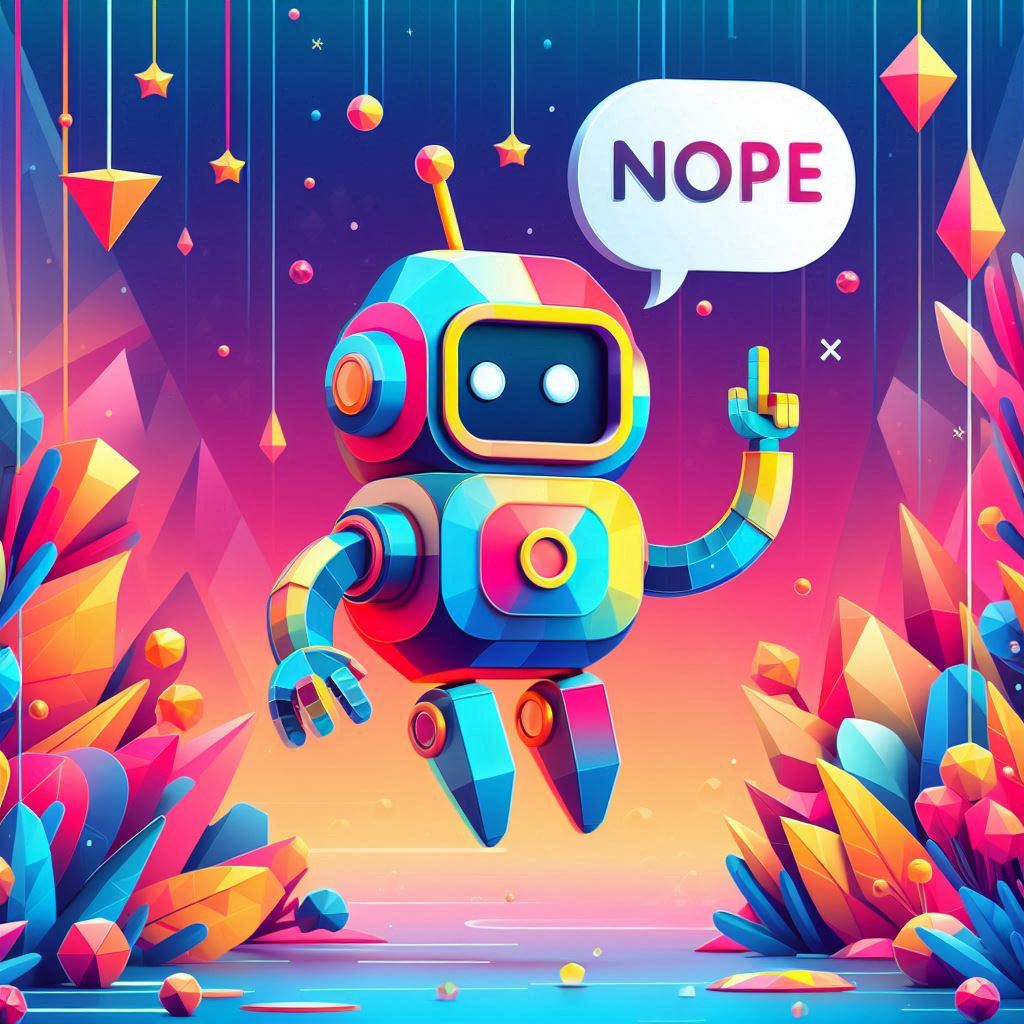
On to the question in this article’s title: not anytime soon. However, assuming progress keeps moving forward without major technological roadblocks, AI agents could potentially replace many developers in the future.
That said, it’s highly unlikely we’ll ever see a complete replacement of human developers – more on this topic later. Also, it doesn’t mean we won’t see successful (or at least media-worthy) games completely generated by AI.
On a similar note, if you’ve been keeping up with AI news, you might have heard something about Doom and AI. Researchers at Google and Tel Aviv University have already created an AI model that can generate a barely playable Doom simulation at 20 FPS in real time.
While this has no practical applications right now, this makes you wonder about what the future of gaming might look like – can you imagine if a big AAA studio used this tech, 3D model generators, and so on to infinitely create more content on the fly?
What can AI do today for game development?
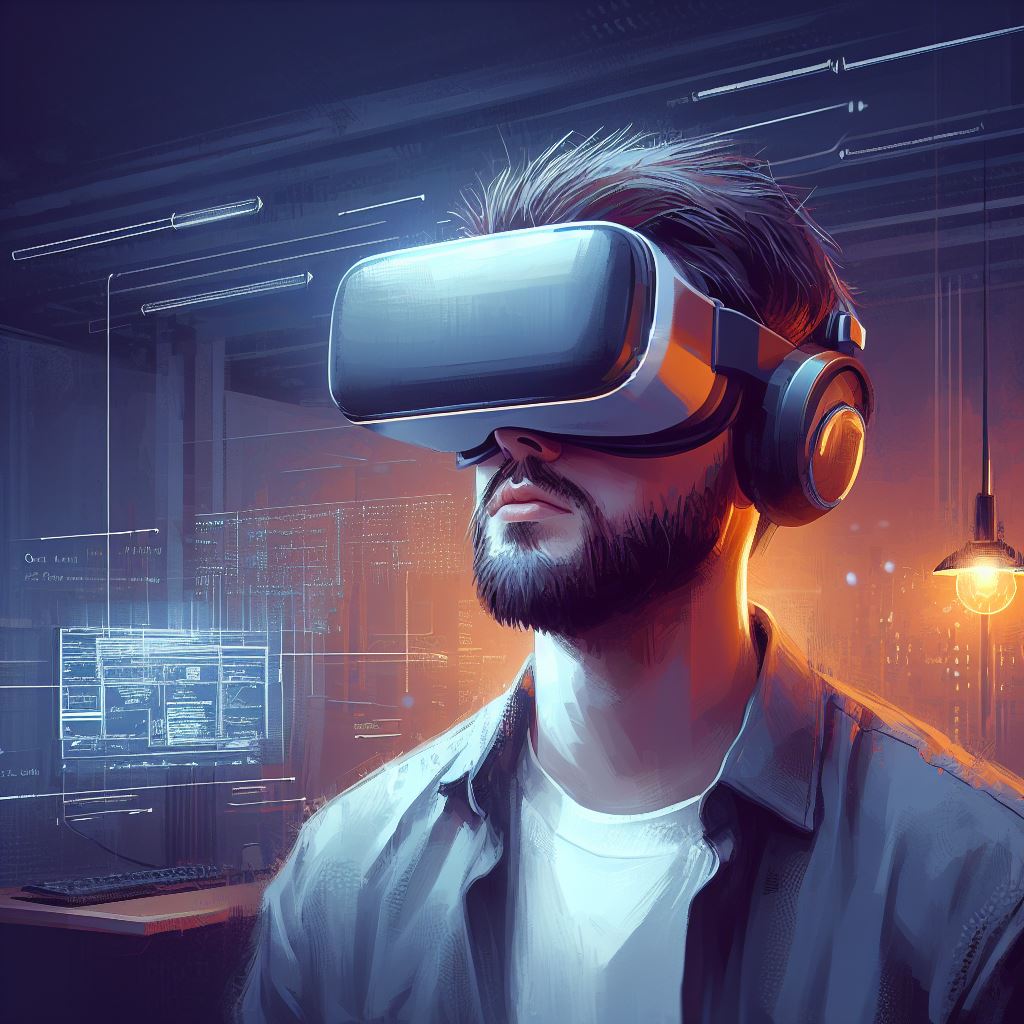
Speaking of AI, let’s cover some of its current capabilities in the game development scene.
The technology has already proved itself worthy in various areas, like procedural content generation, seen in games like No Man’s Sky and its 18 quintillion planets. It basically means using algorithms to create game content like levels and maps by tweaking a few parameters. This can save developers time and effort, letting them channel their energies elsewhere.
While this technique doesn’t originally use AI, their combination can add further layers of complexity to the mix, leading to even more diverse game worlds.
AI is also being used to enhance gameplay and character behavior. AI-powered characters can react to player actions more dynamically and believably, making the world feel more alive. We’re talking about characters that may exhibit more complex behaviors, like flanking maneuvers, adaptive strategies, and even emotional responses, making games more challenging and immersive.
Another area where AI is proving helpful is in testing and quality assurance. Do you know those pesky bugs and glitches that pop up in games when you’re least expecting them?
AI-powered testing tools can run through a game countless times, testing multiple input variations and looking for errors that human testers might miss. This can help developers pinpoint and fix bugs with greater efficiency, leading to a more polished and enjoyable gaming experience.
And we can’t forget why AI is all the rage in mainstream media: generative AI tools. With a pinch of prompting magic, a dose of patience, and some post-generation tweaking, anyone can create assets for their games.
It’s being used mostly by game designers looking for quick inspiration or concept art, but the technology can already create good enough textures, soundtracks, and simpler 3D models.
The human element: why game developers are still essential
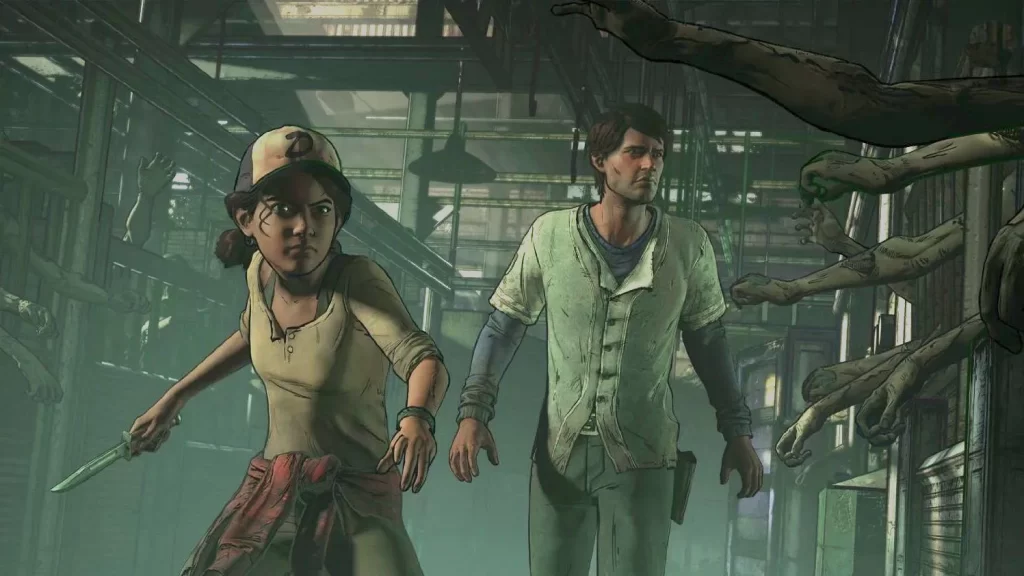
AI can build levels, design characters, and even help developers find bugs, but there are some things AI just can’t replicate – those uniquely human qualities that make games truly special.
We all agree games are more than just lines of code and fancy graphics, right? They’re also a form of art and entertainment. They can tell stories, evoke emotions, and even make us think about the world through new lenses. All that requires an inherently human touch, which AI may or may not be able to replicate in the future.
The technology is great at following simple and moderately complex instructions but struggles with genuine creativity. Think about your favorite games, their innovative gameplay, gripping stories, and memorable characters. Those ideas come from the minds of human developers, who can draw on their experiences and emotions to create something truly unique.
Many great games connect with players on an emotional level. They make us laugh, cry, think, cheer, and even feel a sense of accomplishment. This requires empathy, the ability to understand and share the feelings of others.
Human developers can tap into these emotions to craft experiences that resonate with players. AI, on the other hand, lacks this fundamental human skill.
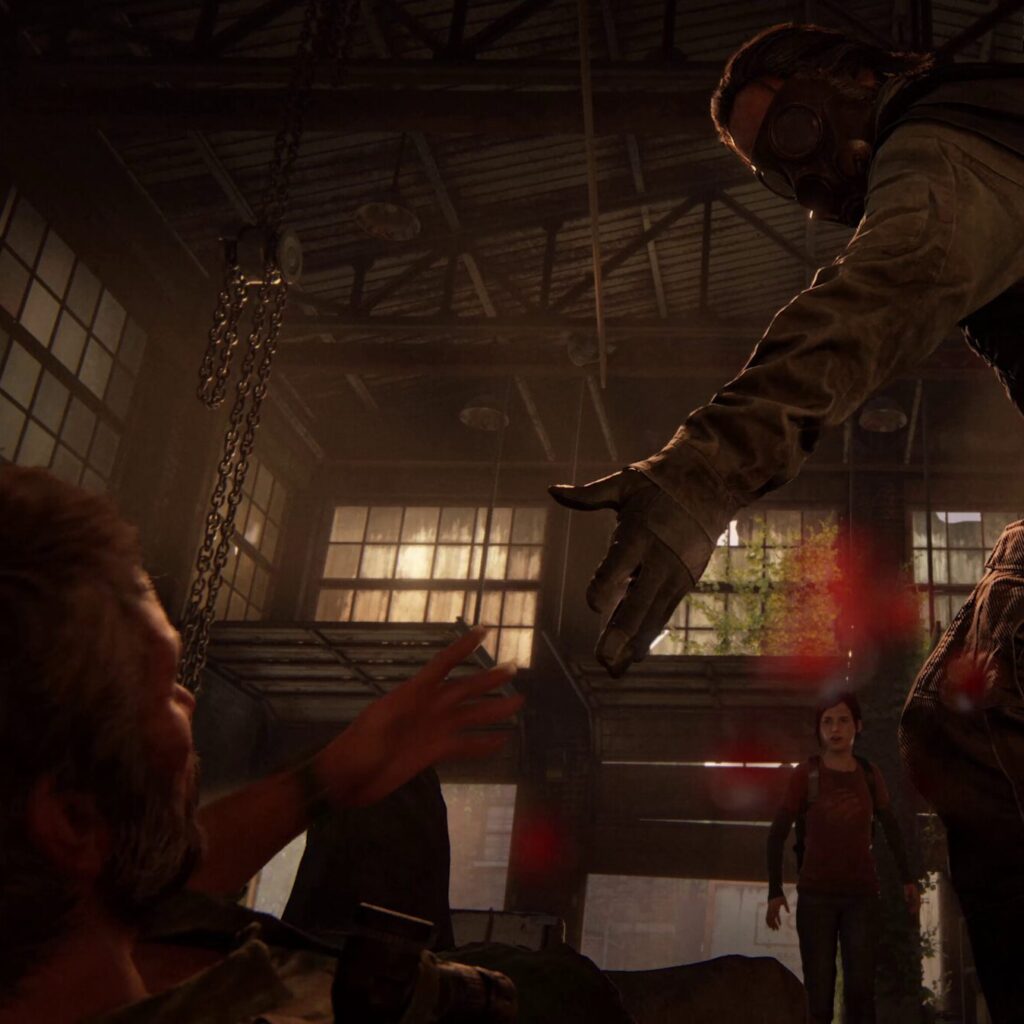
Also, games have become awesome storytelling vehicles. They transport us to different worlds, introduce us to memorable characters, and explore complex themes. Crafting such narratives requires a deep understanding of human nature, which AI has yet to master.
Sure, it can generate text and dialogue, but it will probably lack the nuance, depth, and emotional resonance of a human storyteller.
Then, even after a game is released, customer support, community management, and ongoing updates require a human connection. Everyone loves feeling heard and understood, and AI chatbots can’t provide the same level of empathy and personalized support as a real human being.
Well, not yet.
The future of game development: collaboration, not replacement
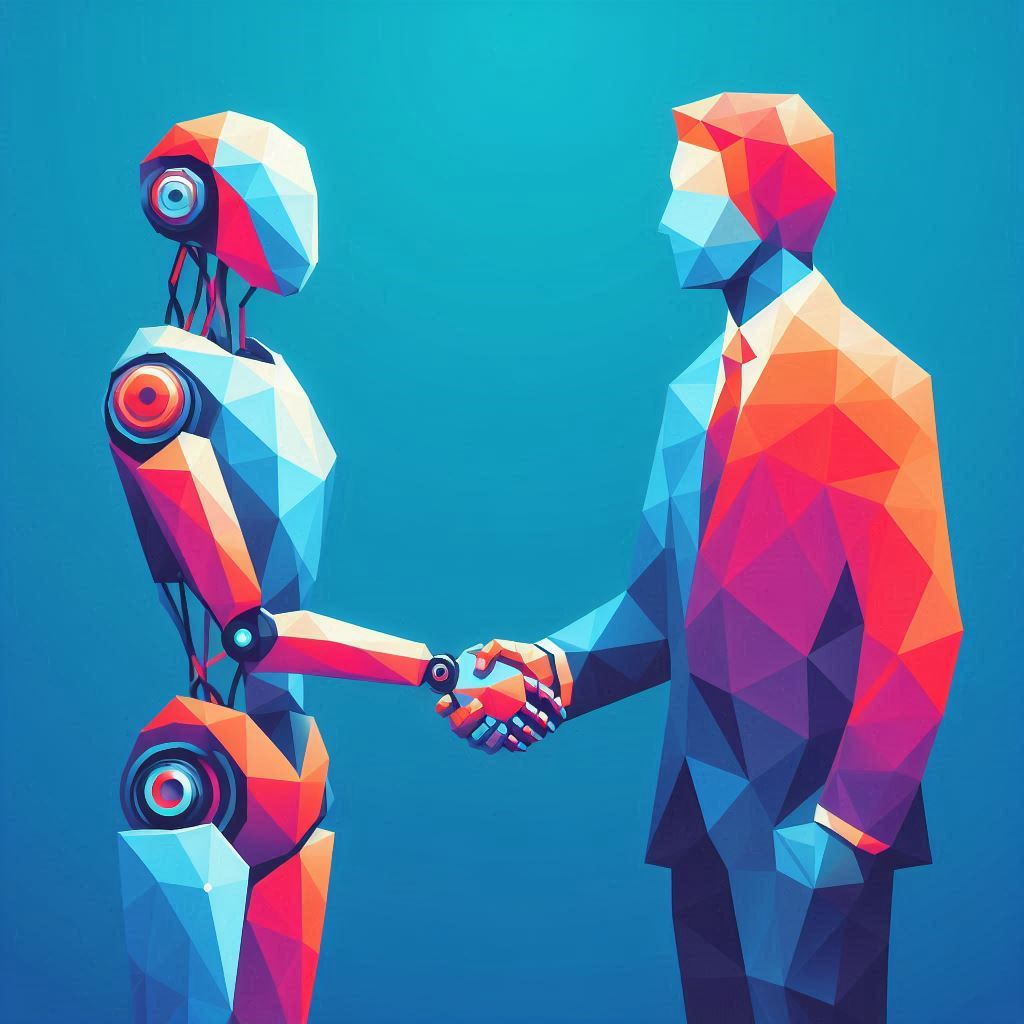
Right, so AI won’t be replacing game developers anytime soon. But what does the near future of game development look like with AI in the mix? While it’s too early to tell, it’s likely to be a world of collaboration – humans and AI working together, each playing to their strengths, to create even more amazing games.
AI could take over some of the more tedious and time-consuming tasks in game development, such as generating landscapes, creating variations of in-game items, and even programmatically testing for bugs and performance. This frees up human developers to focus on the creative and strategic aspects of game design to ensure a fun and engaging player experience.
This kind of collaboration could lead to very efficient and cost-effective game development. Studios can reduce development time and have better resource allocation with AI-enabled automation. This could be especially great for smaller indie developers who often face limited budgets and manpower.
The key is to find the right balance between human ingenuity and AI assistance. Ultimately, games are about human connection and emotion. They’re about sharing experiences, telling stories, entertaining players, and sparking our imaginations.
While AI will be a powerful tool in achieving those goals, the human touch will always be at the heart of game development.
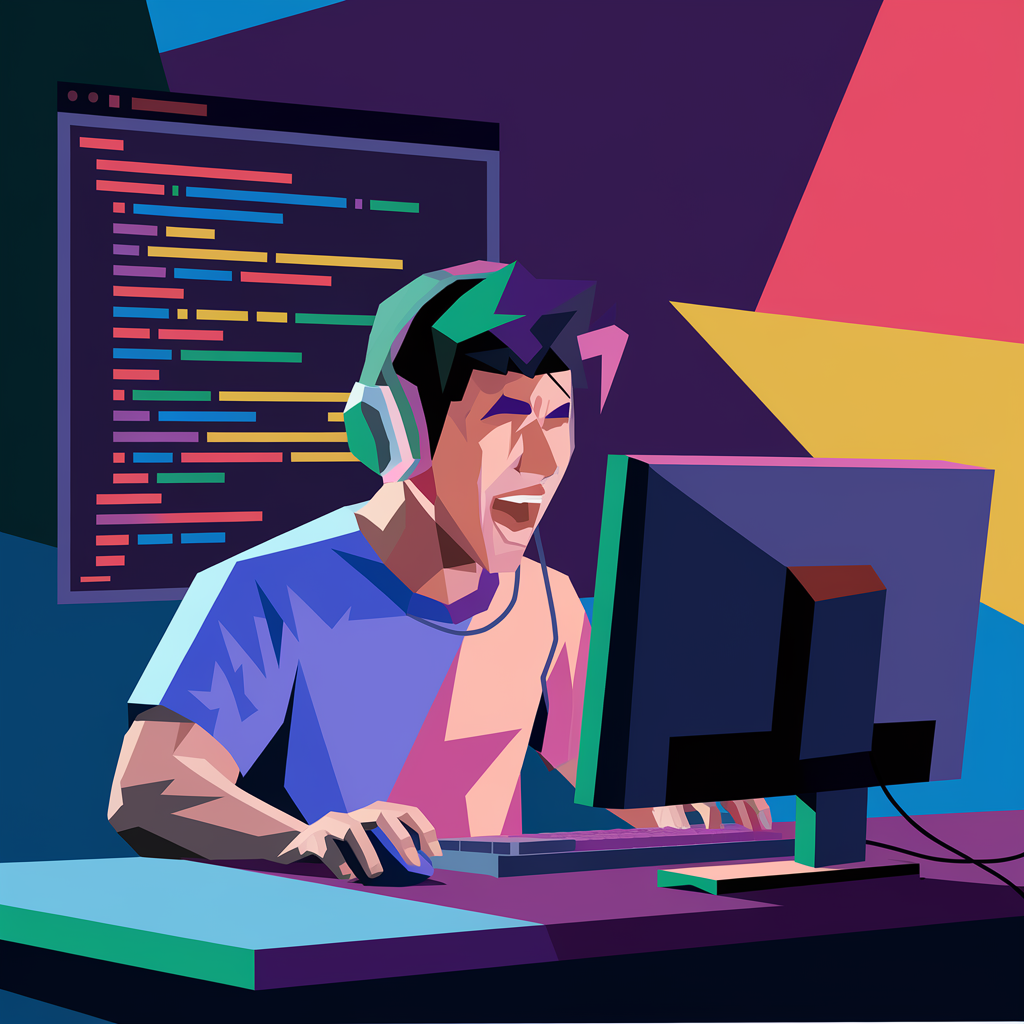
Can AI replace game developers? Verdict: not anytime soon, but it’s already part of many developers’ toolboxes.
Nonetheless, it’s an exciting time to be a gamer! AI is changing how games are made, which could mean even more awesome indie games in the future. With AI helping out with some of the technical stuff, anyone with a great idea will be able to create a game without extensive coding and art experience. That’s the potential power of AI in game development.
Of course, games are about more than just technology. The human touch – the creativity, the storytelling, the passion – is what makes a game truly special, and that’s where Main Leaf Games comes in.
We’re a team of experienced developers and artists who love helping others create amazing games. Whether you’re an indie developer with a dream project or a studio looking to push the boundaries of what’s possible with AI and other trending technologies, we’re here to help.
Contact us today and let’s make something awesome!

